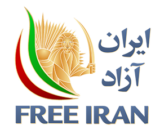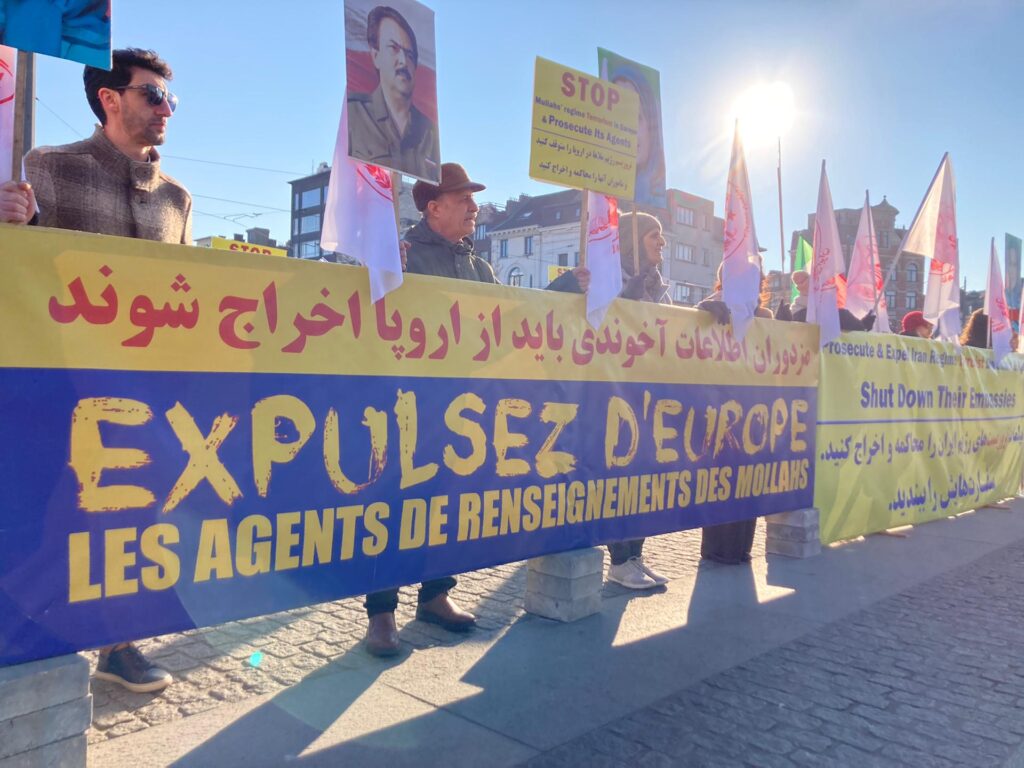According to NCRI, on Friday, March 4, the Court of Appeal of Antwerp in Belgium convened to re-evaluate the various dimensions of a terror plot carried out by the Iranian intelligence apparatus against the Iranian Resistance in 2018, that was eventually foiled by German, Belgian and French police which arrested a Vienna based Iranian diplomat and three of his accomplices. The terrorists were prosecuted and sentenced to lengthy prison terms.
At the hearing, the prosecutor again defended his indictment, explaining that the bomb had been planted both to intimidate and kill. He stressed that regardless of the actual weight of the explosive, it would have killed many people like chaos, stampede and subsequent injuries from such a blast would have increased the death toll.
The prosecutor also reiterated that the bomb had targeted many children who were present at the meeting. The prosecutor explained that had the bomb been planted under a chair, its fragments would have been more dangerous and the intensity of the explosion would have been higher. The prosecutor stated that even if the bomb had exploded outside the hall, it was still dangerous and could be deadly.
Representing the NCRI as well as the plaintiffs, Mr. Rik Vanreusel stated that while the defendants’ lawyer is trying to downplay the crime, the actual case amounts to a case of international terrorism. Pointing to Tehran’s long history of terrorism against its opponents, he stressed that the perpetrators were all secret agents of the regime, rather than ordinary employees who were paid for their work, thereby dismissing the claim entirely.
Mr. Vanreusel added that the bomb was professionally designed, built, transferred and the plot was carried out by the MOIS directly. He accentuated the report of the bomb experts and argued that since the attack was thwarted, the defendants are trying to exploit their failure to get a lighter sentence.
“These people who claim of being unaware are like Russian soldiers who pose innocently when they are seized in Ukraine. They argue they did not know they had come to kill,” Mr. Rik Vanreusel said.
“Had the operation been successful, it would have been the deadliest terror attack in Europe in terms of the number of casualties,” said Georges-Henri Beauthier.
The defendants’ attorneys repeated some of their previous statements. But perhaps the most interesting aspect of the hearing was the comments by Mehrdad Arefani. The Iranian agent, who had posed as an atheist poet and a supporter of the Iranian Resistance to infiltrate and manage the terror attack, denied all connections with Assadi and the MOIS. He claimed in court that he was not “Assadi’s eyes and ears.” But some of his text messages to Assadi, have been recorded and filed in court, undermining his denial.
The Antwerp Court of Appeals will issue its verdict on April 20.
Supporters of the main Iranian opposition, Mujahedin-e Khalq (MEK) gathered outside the court in Antwerpen, where an Iranian diplomat, Assadollah Assad, and three or his accomplices were sentenced from 15 to 20 years in prison for plotting to bomb a gathering of the Iranian opposition, the National Council of Resistance of Iran (NCRI), in France, in June 2018. The court ruling proves that the Iranian government had been behind the terror plot, which is the reason why a firm position by the European governments is required to prevent the Iranian regime’s terrorism against its opponents on European soil. They also urge the European governments to close down the Iranian regime’s embassies and expel its agents and affiliates.








